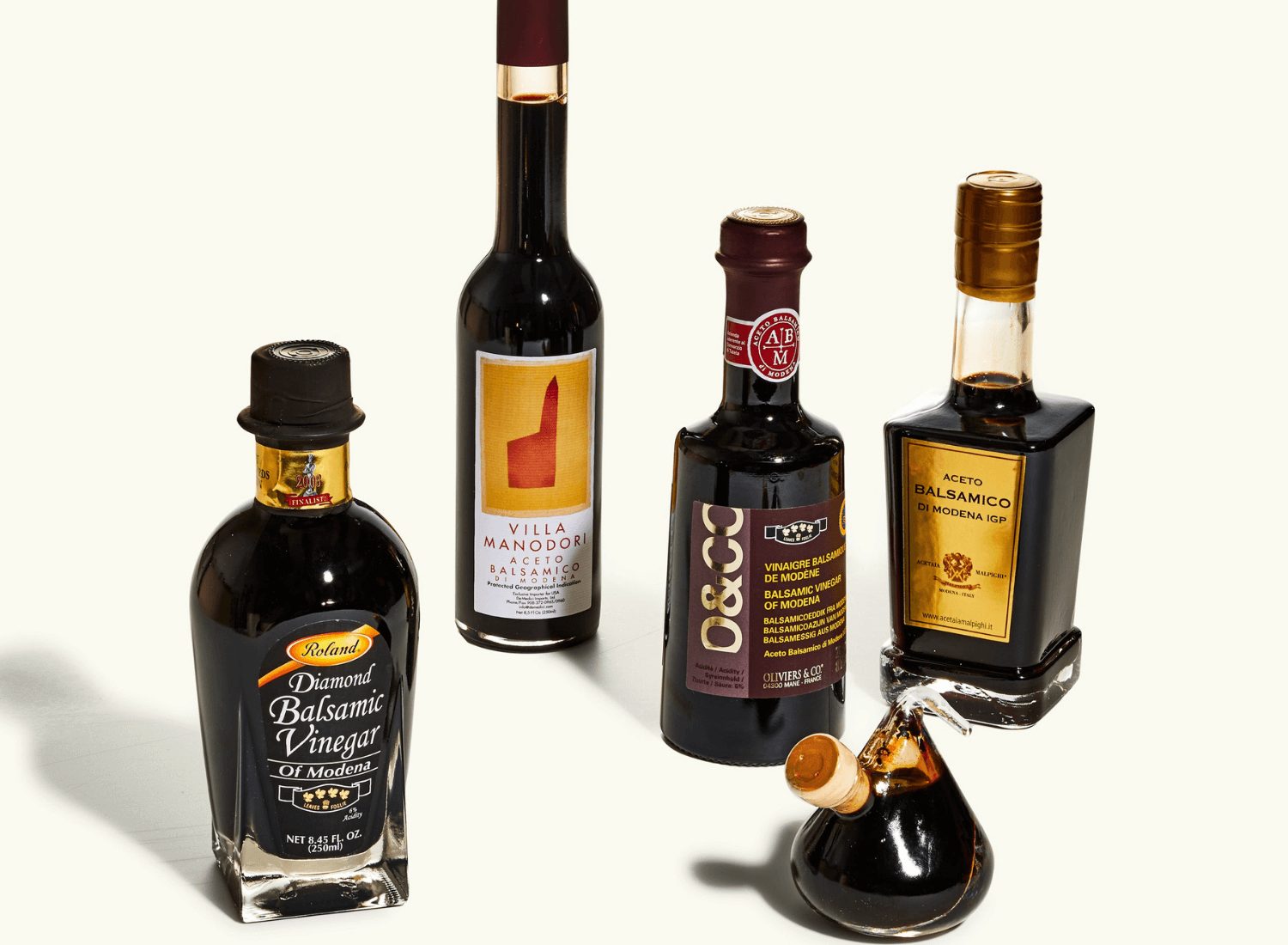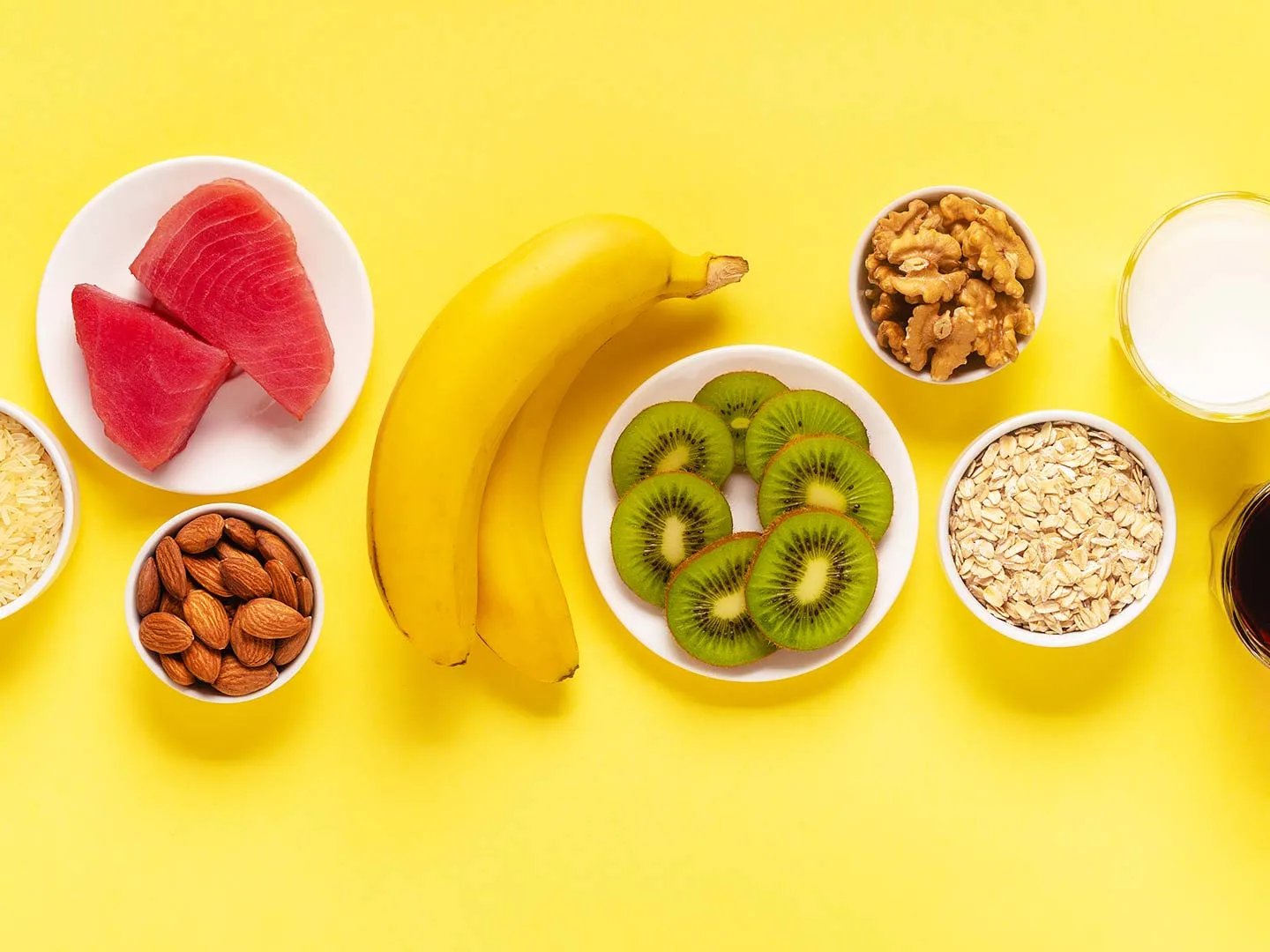Whether you’re lactose-intolerant, vegetarian, or simply hoping to change around your milk schedule, varied options can offer great sustenance and flavors to keep things healthy. The supermarket racks can get somewhat overpowering with myriad options. So how would you pick the right milk swap for you?
16 Best Vegan Substitutes For Milk
1. Soy Milk

Apparently the primary milk substitute (and the most similar to dairy milk), unsweetened soy packs around 80 calories for each cup with 8g of plant-based protein from soybeans. Soy milk is made by drenching and mixing these little beans and stressing out the extra mash prior to polishing off. Loaded up with cell reinforcements and fiber, soy options are very nutritious and give key polyunsaturated fats.
2. Rice Milk

Rice milk is a decent choice when you need something with a non-partisan flavor and a less smooth surface. When sustained, it normally contains a similar measure of calcium and vitamin D as cow’s milk. This milk substitute additionally needs protein, containing just 1 gram for each cup.
3. Pea Milk

A newcomer in the realm of plant-based milk, pea milk is produced using pea protein disconnect, water, and different emulsifiers like sunflower oil, algal oil, and guar and gellan gums. It’s pretty much as smooth as soy, with a somewhat less nutty preference for 70 calories for every cup. The utilization of algal oil gives DHA, a key omega-3 unsaturated fat that is connected to insusceptibility, heart well-being, and cognizance. The unsweetened variants get together to 8g of protein from a thick supplement source.
4. Oat Milk

Our mothers have presumably coercively fed us oats for “all that incredible fiber” each day. Oat milk is for sure high in fiber and protein. You could have it with your bowl of corn chips for a nutritious breakfast or use it in different recipes.
Oat milk is accessible in natural food stores in India. The best thing to do, in any case, is to set it up at home, as it’s really simple as well. Utilize a similar strategy concerning the cashew milk below.
Given the extraordinary and open choices accessible, you can make this switch without a hitch and even stronger.
5. Cashew Milk

This is another of the most up-to-date dairy options. Cashew milk is produced by mixing cashews with water, bringing about a smooth fluid. This milk is frequently strengthened with calcium and nutrients A, D, and B12. Various brands will have fluctuating measures of supplements, so take a look at the nourishment mark. Albeit this milk option might be low in calories, it likewise contains next to no protein, only 1 gram for each cup!
6. Almond Milk

Most business almond milk range between 35-90 calories for each cup, and there are heaps of mixes and unsweetened adaptations to look over. They’re generally produced using almonds and water, in addition to different emulsifiers and sustaining supplements. The lower-cal variants give you around 1g of protein and fiber per serving (however, Elmhurst’s mix is around 5g of protein). The low protein content is something to remember whether you’re utilizing almond milk as a dairy trade in custom-made smoothies — you might need to siphon up the protein by adding nut margarine or hacked nuts.
7. Hemp Milk

Hemp milk is produced using water and shelled hemp seeds. It contains a huge number of sound supplements, including calcium, vitamin D, and a moderate measure of protein (around 3 grams of protein for each cup). To sweeten the deal even further, it contains omega-3 unsaturated fats. Tragically, hemp milk might be a troublesome preference for certain individuals to become acclimated to.
8. Peanut Milk

Peanuts resemble the crown gem of food varieties since they’re really great for both you and the planet. They have a comparative taste and supplement profile as tree nuts (almonds, pecans, cashews, and hazelnuts); however, these nuts really develop underground and utilize way less water. The best thing about nut-based items is they’re financially better than other dairy choices and are higher in protein (besides, they have a smooth taste and surface). Nut milk is difficult to come by, yet there’re lots of recipes on the web, assuming you might want to Do-It-Yourself!
Read also – 21 Types Of Parathas You Must Try
9. Coconut Milk

This is one of the freshest non-dairy milk out there. Coconut milk is a decent decision when you need something smooth and sweet. However, this milk offers 30% of your everyday worth (DV) of vitamin D and 50 percent of your DV of vitamin B-12; it contains little calcium and only 1 gram of protein for each cup. Assuming you’re hoping to diminish your immersed fat admission, remember that coconut milk is the main milk elective that contains as much soaked fat as cow’s milk.
10. Walnut Milk

Walnut milk is a top pick in the event that you’re hoping to support your admission of plant-based omega-3s (however, remember you won’t get as much as you would by really eating the actual nuts). It tastes somewhat more gritty than different sorts of milk and has 3g of plant-based protein for 120 calories. You can use it in tea or espresso to stir up your morning schedule or in smoothies to adjust sweet-tasting natural products.
11. Flax Milk

Flax milk includes a little more than it first appears, at 70 calories per cup. The majority of commercially available varieties are nutritionally comparable to pea milk since they include a similar ratio of water, flaxseed oil, and pea protein. Flax contains alpha-linolenic acid, which has been associated with lowering the risk of heart disease and supporting immunity.
12. Macadamia Milk

A lovely addition to coffee drinks, this milk is said to be creamier than some other plant-based milk. The unsweetened variety contains 1 g of protein, 3.5 g of fat, 100 mg of salt, and 40 calories per 8 ounces.
13. Pistachio Milk

It could be harder to find pistachio milk than other plant-based kinds. Fans of this nut milk enjoy its smoothness and its capacity to be frothed for lattes. Compared to many other nut milk, one brand made by Three Trees (which also utilizes almonds) offers higher protein (4g) and fiber and more calories and fat (100 calories and 8g) per cup (2g). 50mg of salt and 1g of sugar are included in one cup. An alternative variety of pistachio milk called Tache (without almonds) has 50 calories and 3.5g of fat per cup.
14. Hazelnut Milk

A cup of unsweetened hazelnut milk contains roughly 30 calories, 3g of fat, 90mg of sodium, 1g of fiber, and 1g of protein. It has a peculiar flavor that is nutty and a little sweet. Although hazelnuts themselves are a good source of antioxidants and heart-healthy omega-3 fatty acids, these nutrients are obviously diluted down in milk.
15. Banana Milk

This is a nut-free alternative without additional sugar because bananas already have sweetness (4g worth of natural sugar per cup, so keep that in mind). Smoothie bases can be made with the milk’s creamy texture and particular flavor. 60 calories, 3g of fat, 15 mg of sodium (less than many other plant milk), and 1g of each fiber and protein are found in one cup of Mooala’s Original Bananamilk.
16. Pecan Milk

Organic pecan-maple milk from Malk Organics, a maker of expensive but delectable almond milk and other nut milk, is prepared with sprouting pecans, maple syrup, and a tiny touch of vanilla. Compared to other plant-based milk, it is more of a treat: 140 calories, 11g fat, 6g sugar, 75mg sodium, 2g protein, and no fiber are contained in one cup. However, keep in mind that it would increase the overall calories and sugar. It would undoubtedly taste excellent in coffee and transform a bowl of cereal into dessert. For the time being, it is not accessible online; see the website for a list of retailers.
Conclusion
Dairy-alternative milk will generally have fewer calories, less fat (aside from coconut-based milk), more water content (for better hydration), and less protein (with the exception of soy). Some are braced with different nutrients and supplements.
Read also – 21 Best Gujarati Dishes You Must Try!



